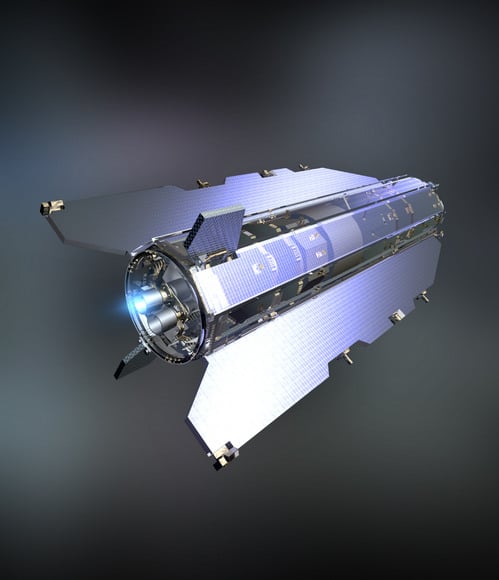[/caption]
Europe's Gravity field and steady-state Ocean Circulation Explorer (GOCE) is headed into orbit, after a successful launch at 10:21 a.m. EDT (14:21 GMT) on Tuesday from the Plesetsk Cosmodrome in northern Russia.
The successful liftoff came after delays stretching back to last September, but Tuesday's launch went off without any complications.
"It was a nice liftoff," said Mission Scientist Mark Drinkwater.
Monday's launch failed to progress when the doors of the launch service tower simply did not open. That after a previous failure last September, when problems cropped up with the guidance and navigation subsystems on the Russian Breeze KM rocket.
GOCE is the first of a new family of ESA satellites, called
Earth
Explorers, designed to study our planet and its environment in order to improve our knowledge and understanding of Earth-system processes and their evolution, to characterize the challenges of global climate change. Its specific mission is to map Earth's gravity field with unprecedented accuracy, providing insight into ocean circulation, sea-level change, climate change, volcanism and earthquakes.
Source:
ESA
 Universe Today
Universe Today
